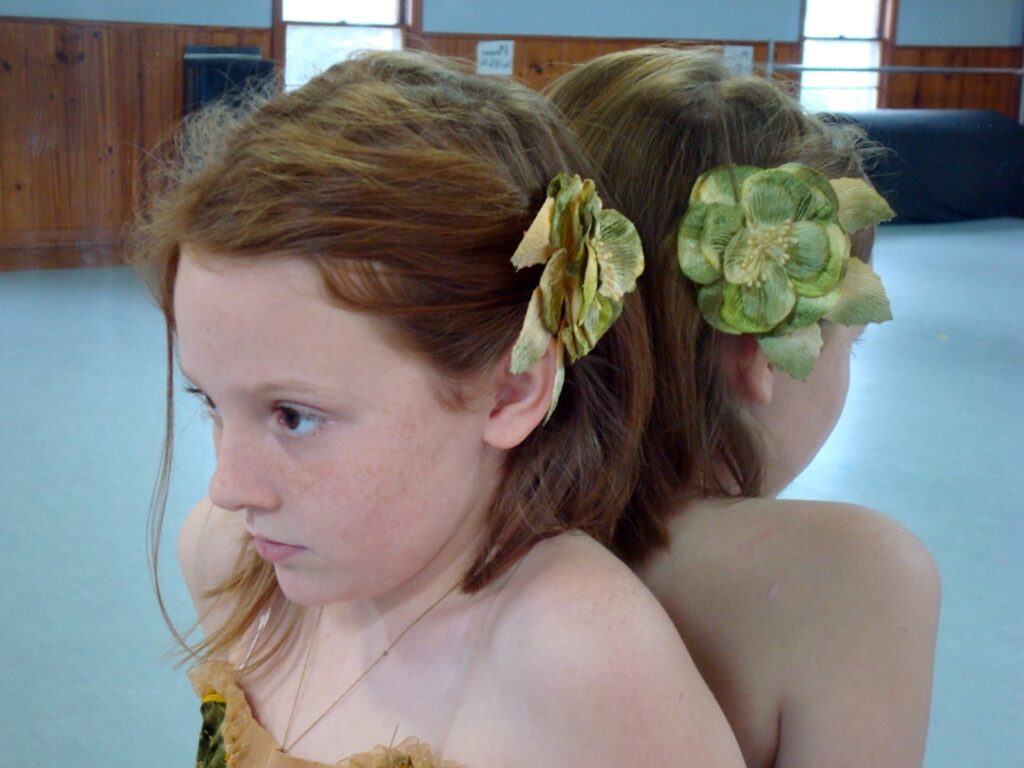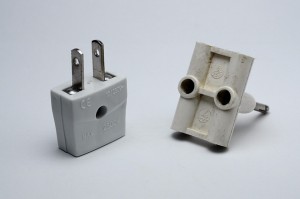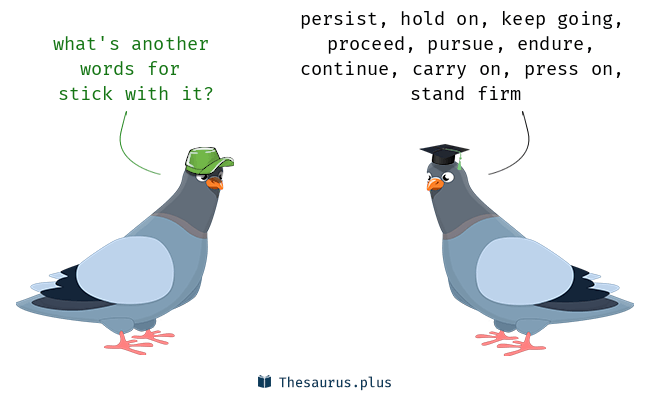| “Miss Donna, Do you know your teeth are two different colors? So, you’re not a natural blonde? Why are your arms so wrinkled and soft?” That one was a real OUCH! And to one of my co-leaders, “you have the biggest nostrils I have ever seen on a human.” These are just a few of the appearance comments I’ve heard over the many years of working with kids. I’ve grown a tough skin over time and understand these comments for what they are, spoken-aloud observations, and I’ve made peace with the fact that along with the aging process, comes a lot more patience and wisdom as a perk. Typically, these types of appearance comments come from kids on the spectrum. None of them have any hurtful intent. The problem from a social skills aspect is that the remarks can be hurtful, or can sound insulting, to the person whose appearance is being commented upon. What to do? It depends on the level of social understanding of the child or teen who makes these types of comments. Some of them need it to be very black and white, as in no appearance comments, ever, and explain that while it is completely understood that they are making observations and there is no ill intent, it is safe to say that almost ALL people are sensitive when it comes to comments about their physical appearance. Other kids can handle learning that they can feel free to comment on things that are external to someone’s physical appearance. Examples would be complimenting an outfit, a piece of jewelry, shoes, etc. And that’s only if they are truly complimenting someone. It is not okay to voice your opinion or observation on someone’s external look or fashion if you don’t like it and have nothing nice to say. It’s better to learn to say nothing at all. What if you are the recipient of a child or teen’s appearance comment? First, understand it for what it is, an observation. There is a distinct difference in the delivery between one of these comments or an obvious insult. These guys will sound very innocent and there will be no malice or intended hurt involved. But, the hurt can be real for the receiver, especially if it is a physical attribute we are already sensitive about or a new one brought to our attention. This is a perfect teaching opportunity, where you can say something such as, “I know that you are just making an observation about my _, but I am sensitive about that, and remarks about people’s appearance will accidentally and almost always hurt their feelings. It’s important for you to have good relationships for you to keep your observations about people’s physical appearance to yourself.” |











